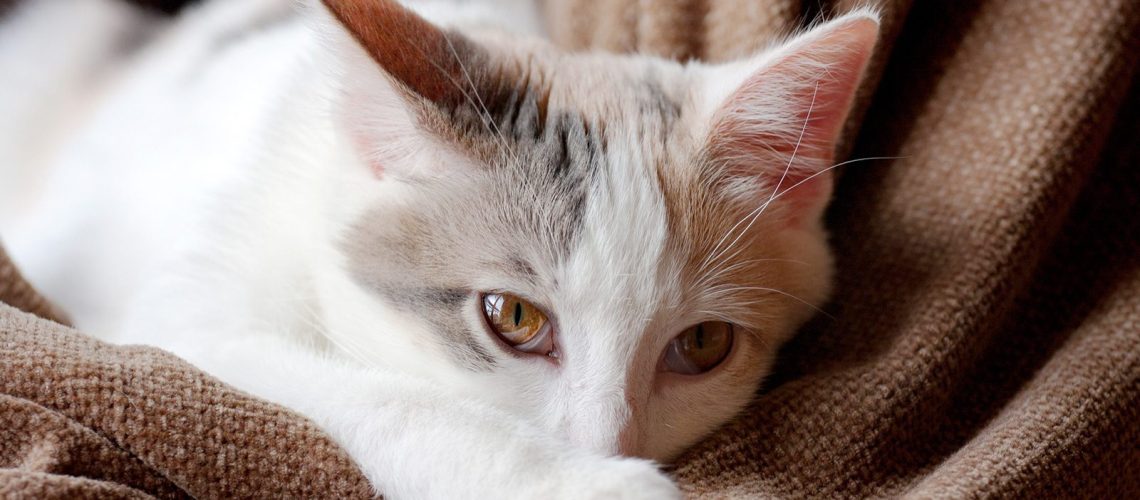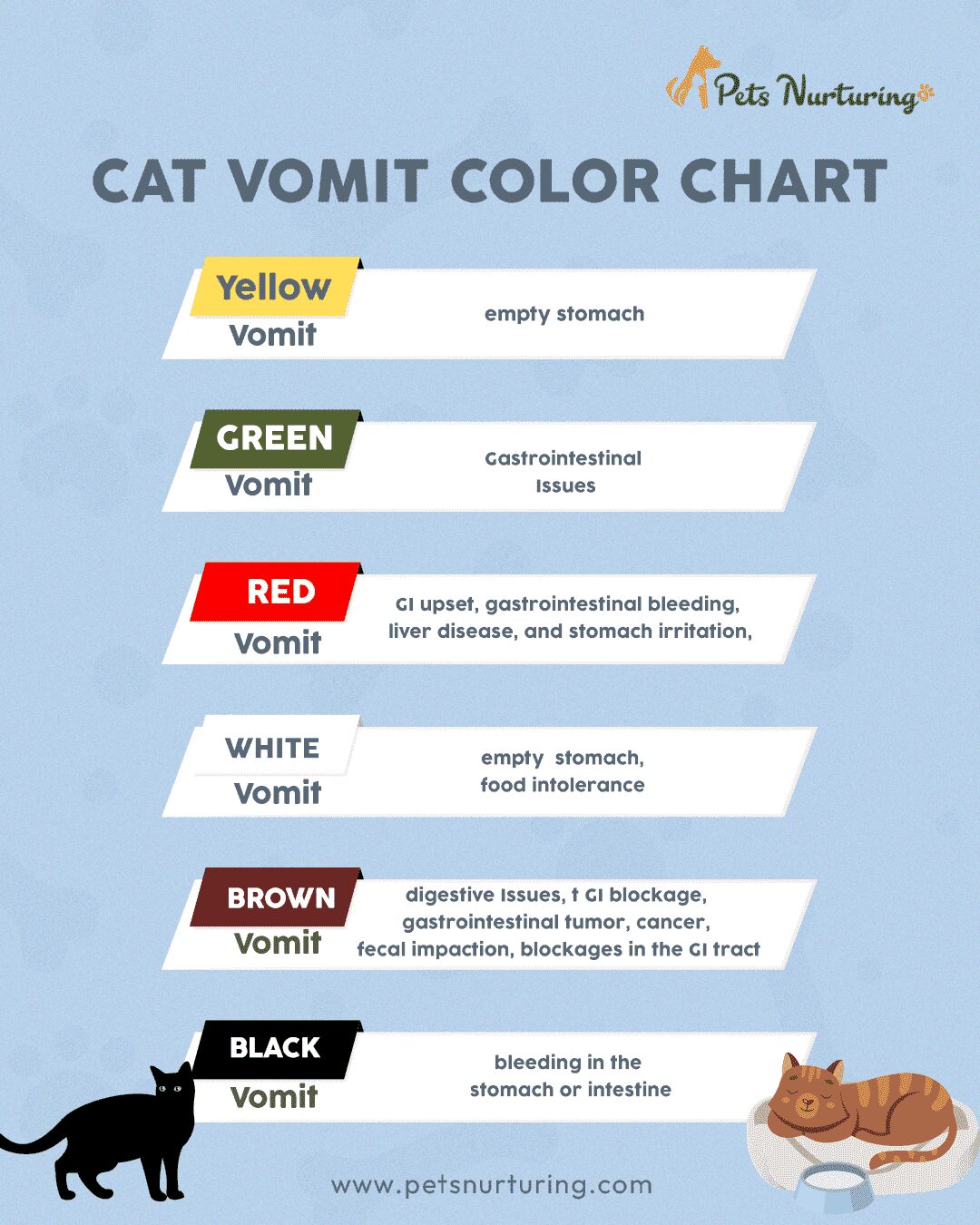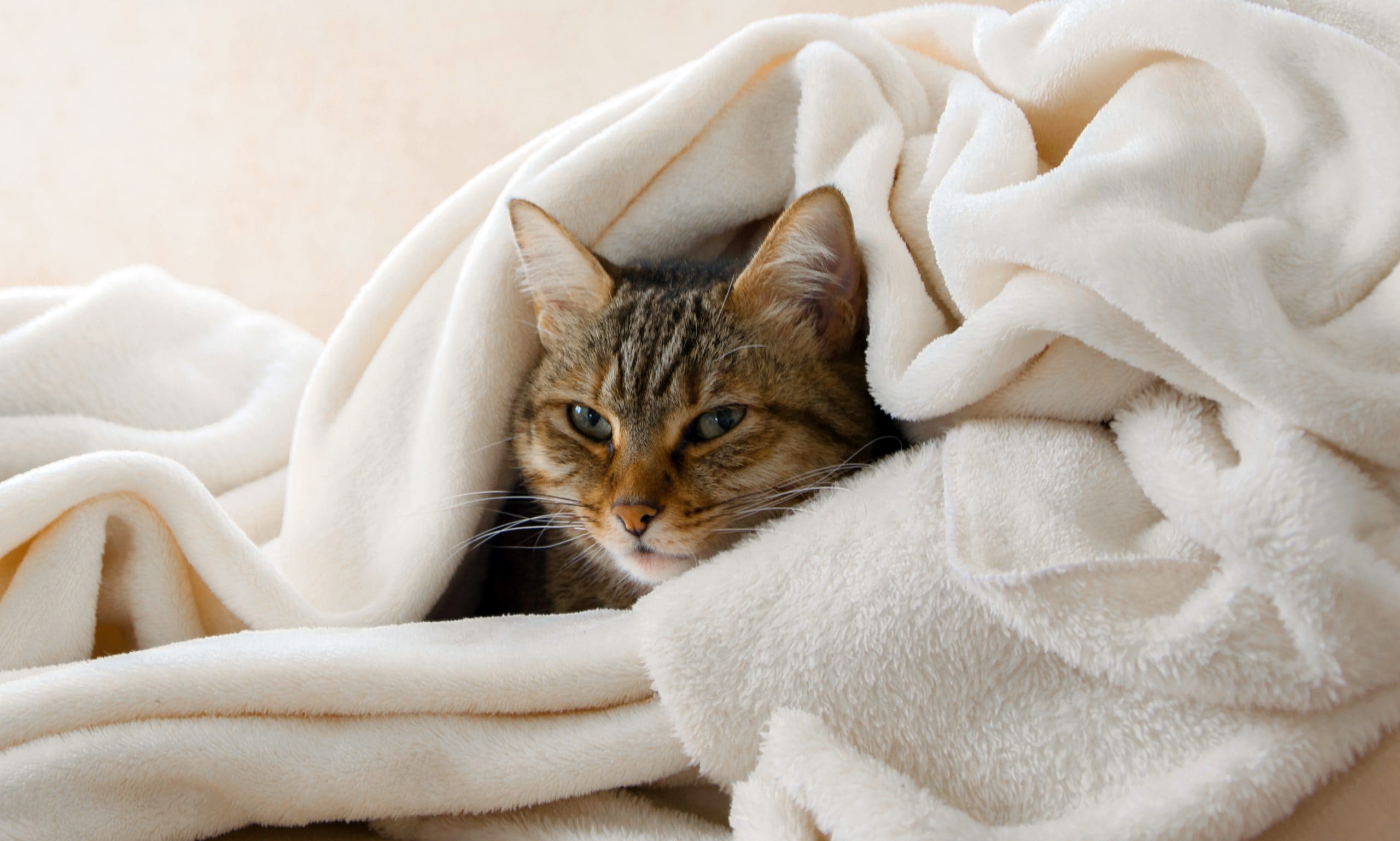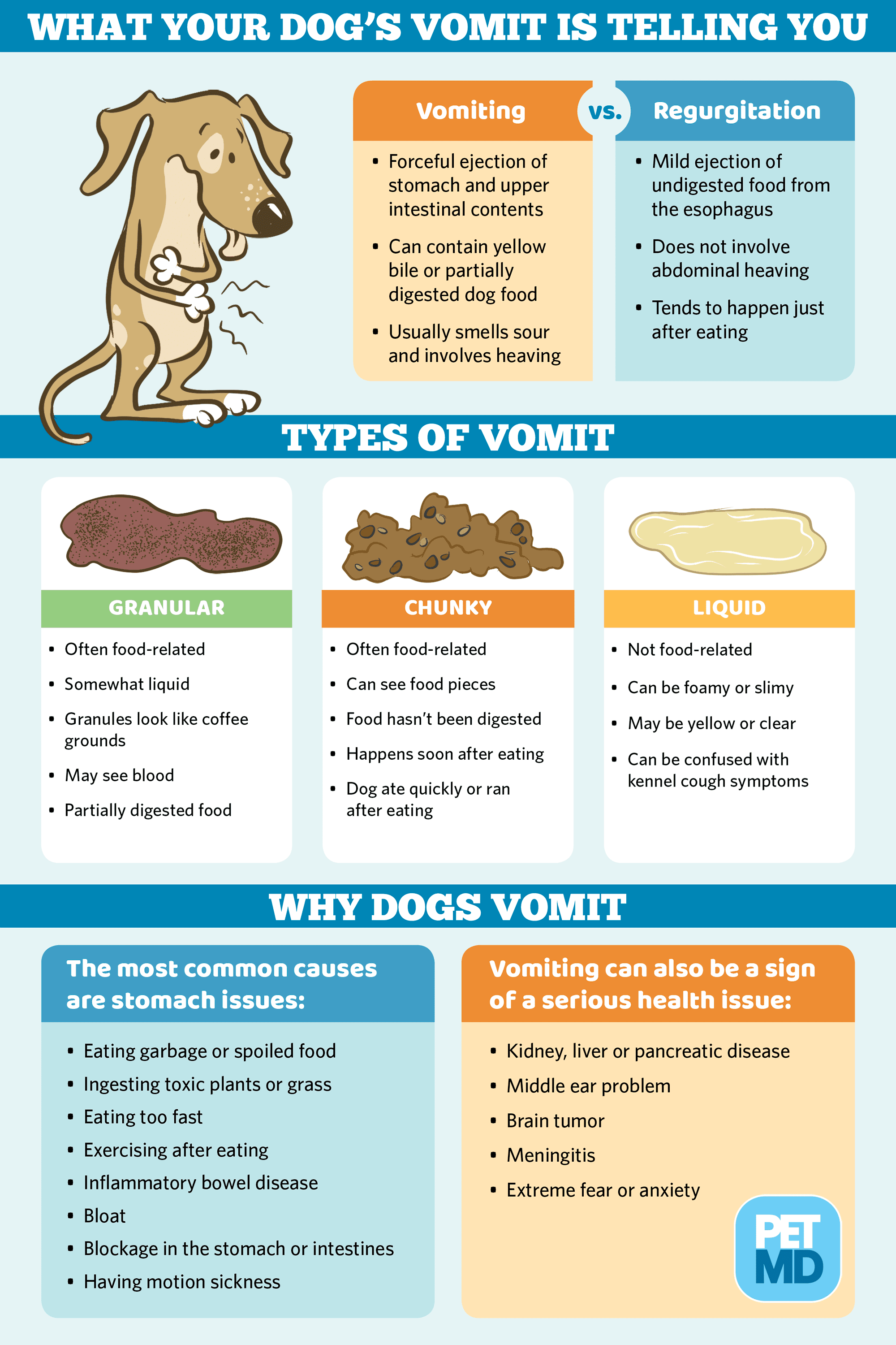Cats are very intelligent animals and they are very sensitive towards their health. If they are not feeling well, they will express it through different ways. Some cats may throw up clear liquid or even vomit. There are many reasons why your cat throws up. The most common reason is that your cat has eaten something that was not healthy for it. The other reason can be that your cat has eaten something poisonous.
Cats may vomit for various reasons, and occasional vomiting can be normal. However, frequent or severe vomiting should be evaluated by a veterinarian. Here are some common reasons why your cat may vomit:
- Hairballs: Cats groom themselves regularly and can ingest loose hair, which forms hairballs in the stomach. Vomiting is a way for cats to expel these hairballs.
- Dietary Changes: Abrupt changes in a cat's diet, consuming spoiled or contaminated food, or overeating can lead to vomiting.
- Allergies or Food Sensitivities: Cats can develop allergies or sensitivities to certain ingredients in their food, which may trigger vomiting.
- Gastrointestinal Infections: Infections, such as viral or bacterial gastroenteritis, can irritate the stomach lining and lead to vomiting.
- Ingesting Foreign Objects: Cats are curious and may swallow non-food items like string, rubber bands, or small toys. These objects can block the digestive tract and cause vomiting.
- Toxic Substances: Ingesting toxic substances, including certain plants, chemicals, or medications, can result in vomiting.
- Parasites: Internal parasites like roundworms, hookworms, or tapeworms can irritate the gastrointestinal tract and lead to vomiting.
- Hairball Complications: In some cases, hairballs can become too large to pass through the cat's digestive system, leading to vomiting or even an intestinal blockage.
- Underlying Medical Conditions: Vomiting can be a symptom of underlying medical issues, such as kidney disease, liver disease, pancreatitis, hyperthyroidism, or diabetes.
- Motion Sickness: Cats can experience motion sickness during car rides, which may result in vomiting.
- Stress or Anxiety: Stressful situations or changes in the cat's environment can lead to vomiting in some cats.
- Heatstroke: In hot weather, cats can become overheated and experience heatstroke, which may include vomiting.
- Inflammatory Bowel Disease (IBD): IBD is a chronic gastrointestinal condition that can cause vomiting, diarrhea, and weight loss.
- Tumors or Blockages: Tumors or physical blockages within the digestive tract can lead to vomiting.
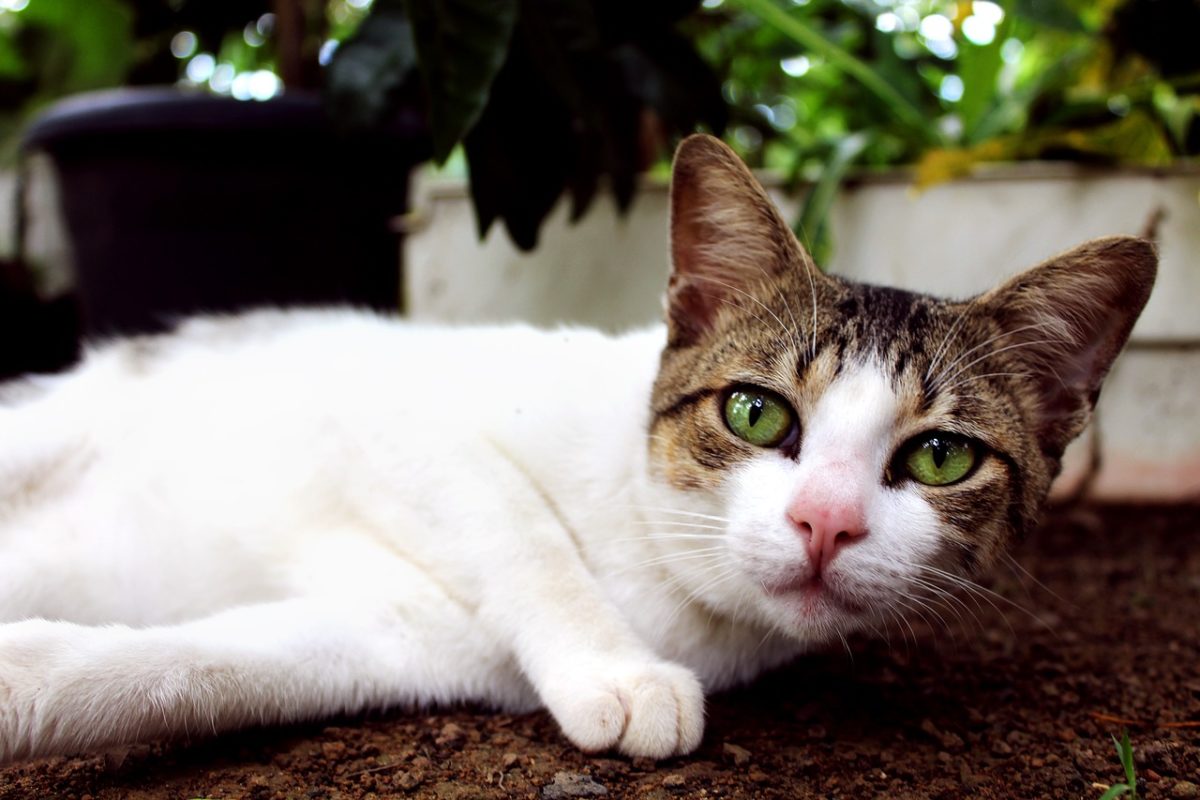
Here are top 5 reasons why your cat throws up:
1. Ears Infection: If you notice that your cat is throwing up with ears, then you should immediately take it to a vet. If you don’t want to do that, then you can rub a little bit of alcohol on the ears and see if it helps to stop the ear infection.
2. Overweight: Overweight cats usually throw up when they eat a lot of food. They need to eat less and try to reduce the amount of calories they are consuming.
3. Cancer: If your cat is having problems in breathing, then it means that it has cancer. You should take your cat to a vet immediately.
4. Kidney Problems: If your cat is vomiting and having diarrhea, then it means that your cat has kidney problems. You should take it to a vet immediately.
5. Liver Problems: If your cat is throwing up yellow-green liquid, then it means that it has liver problems. You should take it to a vet immediately.

Conclusion:
If your cat vomits occasionally and appears otherwise healthy, it may not be a cause for concern. However, if vomiting is frequent, severe, accompanied by other concerning symptoms (such as lethargy, diarrhea, or blood in vomit), or if your cat cannot keep food down, it's essential to consult with a veterinarian for a thorough examination and proper diagnosis. Identifying the underlying cause of vomiting is crucial to determine the appropriate treatment and ensure the well-being of your cat.



